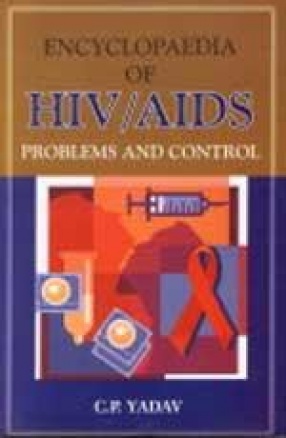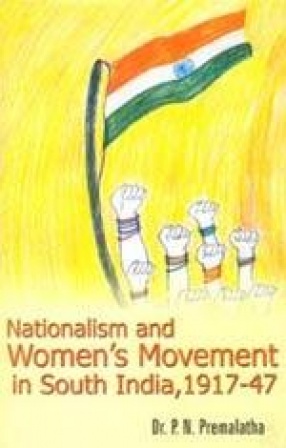Encyclopaedia on HIV (In 4 Volumes)
In stock
HIV (Human Immunodeficiency Virus) is a virus that causes AIDS (Acquired Immunodeficiency Syndrome), a health condition in which a person is affected by a series of diseases because of poor immunity. HIV by itself is not an illness and does not instantly lead to AIDS. An HIV infected person can lead a healthy life for several years before s/he develops AIDS. As the name, Acquired Immunodeficiency Syndrome indicates, AIDS is a health condition that results from the deficiency in the body’s immunity following HIV infection. HIV attacks the human body by breaking down its immune system that is meant to fight diseases. Over a period of time, the immune system weakens and the body loses its natural ability to fight diseases. At this stage, various diseases affect the infected person. India has among the highest number of persons living with HIV / AIDS in the world today, although the overall prevalence remains low. There are more than 5.1 million individuals infected with HIV in India of over 1 billion people (UNAIDS 2003). The total number of AIDS cases in 2002 was estimated to be about 550, 000. Seven states-Andhra Pradesh, Goa, Karnataka, Maharashtra, Manipur, Mizoram and Nagaland–already have generalized epidemics, as indicated by a 1 percent or higher prevalence rate among pregnant women in prenatal clinics. This encyclopaedic work encompasses all vital information on HIV / AIDS, its causes and prevention and control. The facts are supported by vital statistics.








There are no reviews yet.